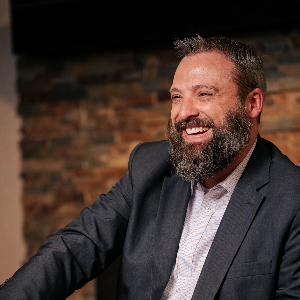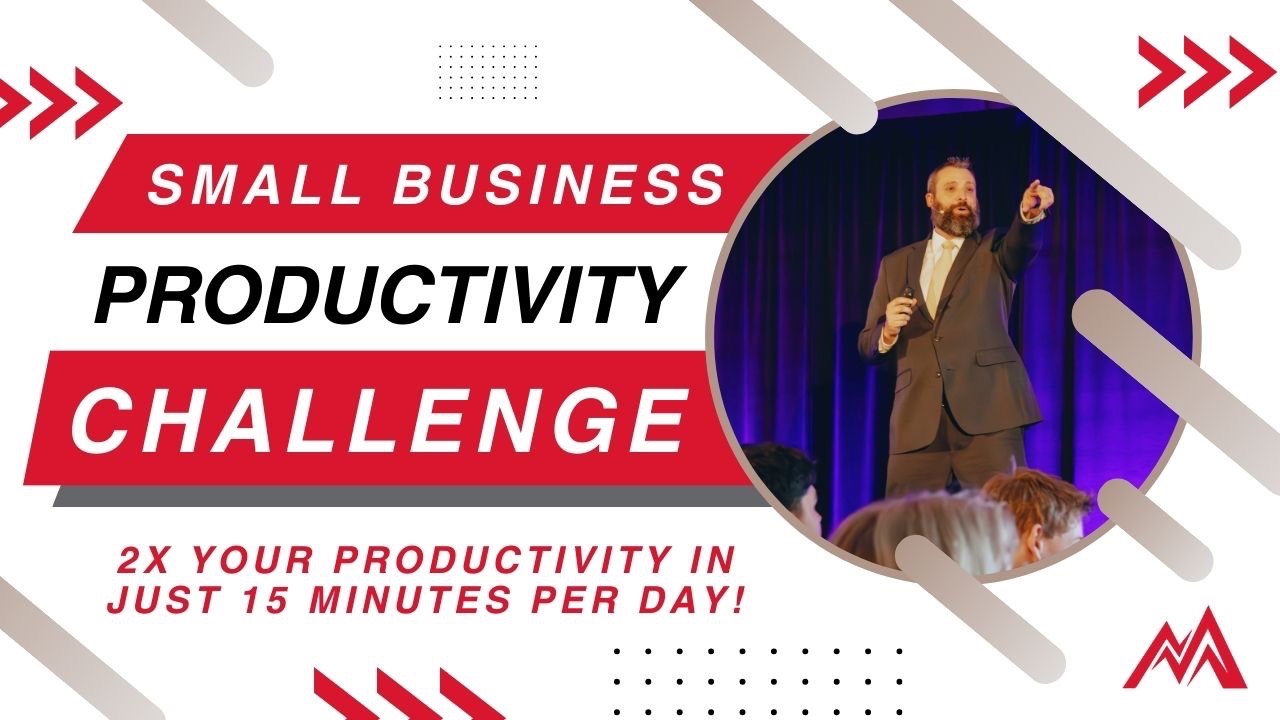Shifting Your Mindset: How to Turn Your Failure into Fuel
Sep 19, 2025
Do you ever feel like you’re spinning your wheels? You put in the hours, follow all the advice, and work tirelessly to build your dream business only to hit brick wall after brick wall. Maybe it’s a big project that fizzled out, a business idea that went nowhere, or even a new habit that didn’t stick for more than a week.
Every setback feels personal. It feels like a verdict on what you’re truly capable of.
But here’s the truth: every failure is a secret weapon in disguise. All that frustration is raw material for your biggest breakthroughs. And with one simple mindset shift, you can start turning flops into fuel.
Why Failure Hurts So Much
Failure stings because we’ve been taught to see it as the opposite of success, a dead end. It feels like a direct hit to our ego, even to our identity.
Instead of saying the project failed, we think I failed. Instead of “the business didn’t work out” we say “I am a failure”. That’s where we get stuck.
We stop taking risks. We stop trying new things. And before long, fear convinces us that our goals are impossible.
The Shift: Failure is Feedback
Here’s the mindset shift: failure isn’t who you are, and it isn’t a final judgment. Failure is just feedback.
That’s it. It's that simple.
- A botched launch doesn’t mean you’re incompetent. It’s feedback that your marketing message was off.
- Quitting a workout routine after a week doesn’t mean you’re lazy. It’s feedback that the plan didn’t fit your lifestyle.
When you replace the word failure with feedback or information, you strip away the shame and blame. Instead of feeling crushed, you get curious. Instead of beating yourself up, you start strategizing.
The Failure Fuel Framework
Turning failure into feedback is the first step. The second is knowing how to use that feedback.
Here’s a simple five-step framework to help you turn setbacks into forward momentum.
1. Act Like a Scientist
Your life, your projects, your goals—they’re all experiments. When something doesn’t go as planned, analyze it without emotion. Ask yourself:
- What went wrong?
- What was in my control and what wasn’t?
- What assumptions turned out false?
Detach your identity from the outcome and focus on the data.
2. Act Like a Strategist
Zoom out. One lost battle doesn’t mean the war is over. In the big picture, will this setback matter in a year? In five years?
Like a stock chart, progress will always have dips. Keep your eye on the long-term upward trend.
3. Act Like a Coach
Your inner critic loves to shout after a failure. Don’t let it. Take back the mic and talk to yourself with respect and tough love.
Instead of saying I’m an idiot for trying that, say That approach didn’t work—what did I learn?
Be your own biggest ally. Every stumble is an opportunity to build grit.
4. Act Like an Architect
An architect doesn’t wish a building into existence—they draft a blueprint.
Use your feedback to create a specific, actionable plan. Not vague promises like I’ll try harder next time, but small, concrete steps you can take right away.
For example:
- Schedule five customer interviews.
- Create a one-question survey for your email list.
- Rewrite your sales page headline based on customer feedback.
Actionable steps restore your sense of control and keep you moving forward.
5. Act Like an Athlete
Motivation is unreliable. Elite athletes don’t wait to feel motivated—they train out of discipline.
After a failure, don’t wait for inspiration to come back. Commit to your blueprint and take one small step today. Discipline creates momentum, and momentum generates fresh motivation.
Don’t Go It Alone
This process works even better when you share it. Talk through your failures with mentors, peers, or supportive friends. You’ll realize most people have been through something similar, and their perspective may give you insights you haven’t considered.
Journaling helps too. Track your progress, celebrate small wins, and reinforce positive habits.
Final Thoughts
The fear of failure is one of the biggest things holding entrepreneurs back. But failure itself isn’t the enemy—it’s the instruction manual.
Remember this: failure isn’t a verdict, it’s data.
So the next time you hit a wall, don’t stop. Use the Failure Fuel Framework:
- Be a scientist: analyze the data.
- Be a strategist: zoom out.
- Be a coach: encourage yourself.
- Be an architect: build a blueprint.
- Be an athlete: commit with discipline.
Every successful person you admire has mastered this process. They didn’t succeed in spite of their failures—they succeeded because of them.
Now it’s your turn. What’s one failure you can reframe as feedback? Share it in the comments—I’d love to hear your story.
Did this topic resonate with you? Intentionally design your best life instead of just hoping! High Performance Courses are your next level!
Be the first to get the latest articles!
Join our mailing list to receive the latest news, articles and updates from Madasz High Performance Coaching.
Don't worry, your information will not be shared.
We hate SPAM. We will never sell your information, for any reason.



